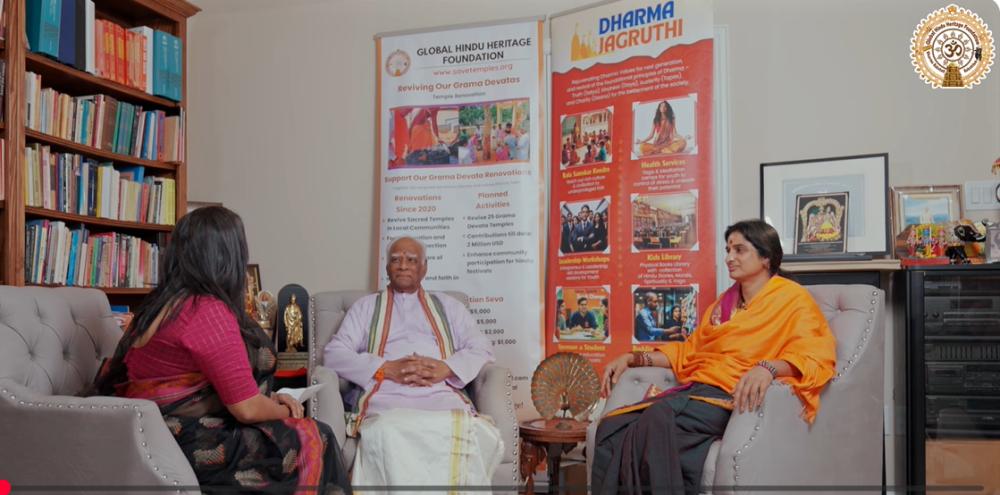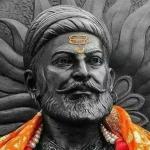The Archaeological Survey of India concluded that the Kamal Maula Mosque was constructed using the parts of an ancient Temple, Bhojshala. The agency revealed that, based on the “scientific investigations, survey, and excavation, study, and analysis of retrieved finds. The Kamal Maula Mosque, a Bhojshala, was studied through its architectural remains, inscriptions, art, and sculpture. It was located in Madhya Pradesh. It also mentioned that the existing structure appeared to have been built later “without much attention to symmetry, design, or uniformity.” The ASI submitted its report to the Indore High Court on February 23, 2026
History of Bhojshala. Bhojshala (Hall of King Bhoja), also known as the Bhojshala Temple-Kamal Maula Mosque Complex, was founded in 1034 AD by King Bhoj of the Paramara dynasty. He was a notable patron of education and the arts, and he established a Sanskrit university here, which became a prominent center of learning comparable to ancient institutions like Nalanda and Takshashila. The university attracted scholars from various regions, fostering a rich intellectual environment in which subjects such as grammar, philosophy, and the arts were studied.
The site includes inscriptions in Sanskrit and Prakrit that detail various aspects of grammar and literature, highlighting its role as a center of knowledge. The ASI also found sculptures of Hindu deities such as Ganesha and Vishnu, suggesting a significant temple presence at the site before the mosque's construction. The report indicated that the complex had been a center for literary and educational activities during the Paramara period. The original structure has undergone various modifications over the centuries, with Islamic architectural elements added during later periods.
Because of the historical background and the rebuilding of Bhaojshala into Kamal Maula Mosque, Hindus filed a case in the Madhya Pradesh High Court to declare it as a Hindu Temple. According to an arrangement in 2003, Hindus perform puja at the complex on Tuesdays from sunrise to sunset, while Muslims offer namaz on Fridays from 1 pm to 3 pm.
Advocate Vinay Joshi, counsel for the petitioner organization Hindu Front for Justice, told reporters the ASI prepared a report of over 2,000 pages in 10 volumes after conducting a 98-day scientific survey of the disputed complex. As many as 1,710 relics, including 39 broken idols, were found during the 98-day high-court-ordered survey. The ASI team discovered a total of 94 idols and sculptural remnants. These include figures of Lord Shri Ganesh, Brahma, Narasimha, Bhairav, as well as depictions of various animals. Several fragments bear Sanskrit inscriptions, believed to date from the 12th to 16th centuries. Images of animals in different media include lions, elephants, horses, dogs, monkeys, snakes, tortoises, swans, and birds; and a variety of motifs called Kirti Mukhas- human-faced, lion-faced, and composite-faced were found. These findings indicate the prior existence of temple-style architecture and art at the site.
Madhya Pradesh High Court granted two weeks’ time to both parties in the case to submit their objections, opinions, suggestions, and recommendations to the court. The next hearing on the case is scheduled for March 16, 2026.
This is nothing new in India. Muslims have destroyed thousands of Hindu Temples, desecrated countless deities, and built thousands of Mosques using the materials of the destroyed Hindu Temples. During the Mughal period, Hindu and Buddhist temples were desecrated, looted, and converted into mosques, symbolizing the suppression of native religious and cultural traditions. Centers of learning were destroyed, leading to the loss of knowledge accumulated over centuries.
Source: NDTV, Times Now, Hindu Janajagruti Samiti, Organiser, Times of India, and others.
{{album_1557}}
28 Feb 2026















 Urgent support needed for Bangladesh Hindus
Urgent support needed for Bangladesh Hindus 



